This study by scientists at Leipzig University found that the active ingredient in Monsanto’s Roundup herbicide, known as glyphosate, negatively impacted the gastrointestinal bacteria of poultry in vitro. The researchers presented evidence that highly pathogenic bacteria resisted glyphosate, whereas beneficial bacteria were moderately to highly susceptible to it.
Source: www.ncbi.nlm.nih.gov
The Effect of Glyphosate on Potential Pathogens and Beneficial Members of Poultry Microbiota In Vitro.
Abstract
The use of glyphosate modifies the environment which stresses the living microorganisms. The aim of the present study was to determine the real impact of glyphosate on potential pathogens and beneficial members of poultry microbiota in vitro. The presented results evidence that the highly pathogenic bacteria as Salmonella Entritidis, Salmonella Gallinarum, Salmonella Typhimurium, Clostridium perfringens and Clostridium botulinum are highly resistant to glyphosate. However, most of beneficial bacteria as Enterococcus faecalis, Enterococcus faecium, Bacillus badius, Bifidobacterium adolescentis and Lactobacillus spp. were found to be moderate to highly susceptible. Also Campylobacter spp. were found to be susceptible to glyphosate. A reduction of beneficial bacteria in the gastrointestinal tract microbiota by ingestion of glyphosate could disturb the normal gut bacterial community. Also, the toxicity of glyphosate to the most prevalent Enterococcus spp. could be a significant predisposing factor that is associated with the increase in C. botulinum-mediated diseases by suppressing the antagonistic effect of these bacteria on clostridia.
Authors
Shehata AA, Schrödl W, Aldin AA, Hafez HM, Krüger M





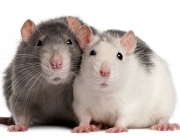


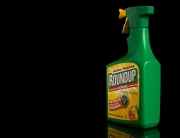







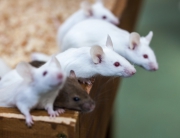
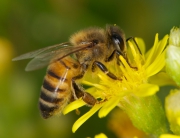




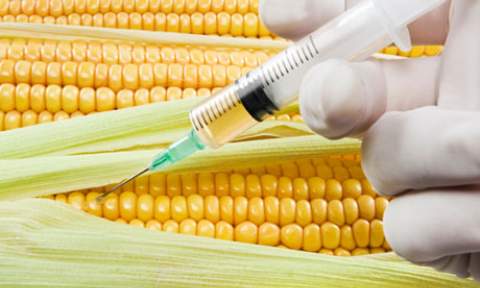

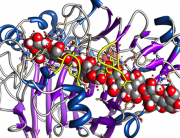



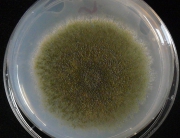
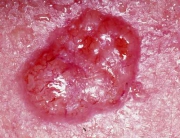

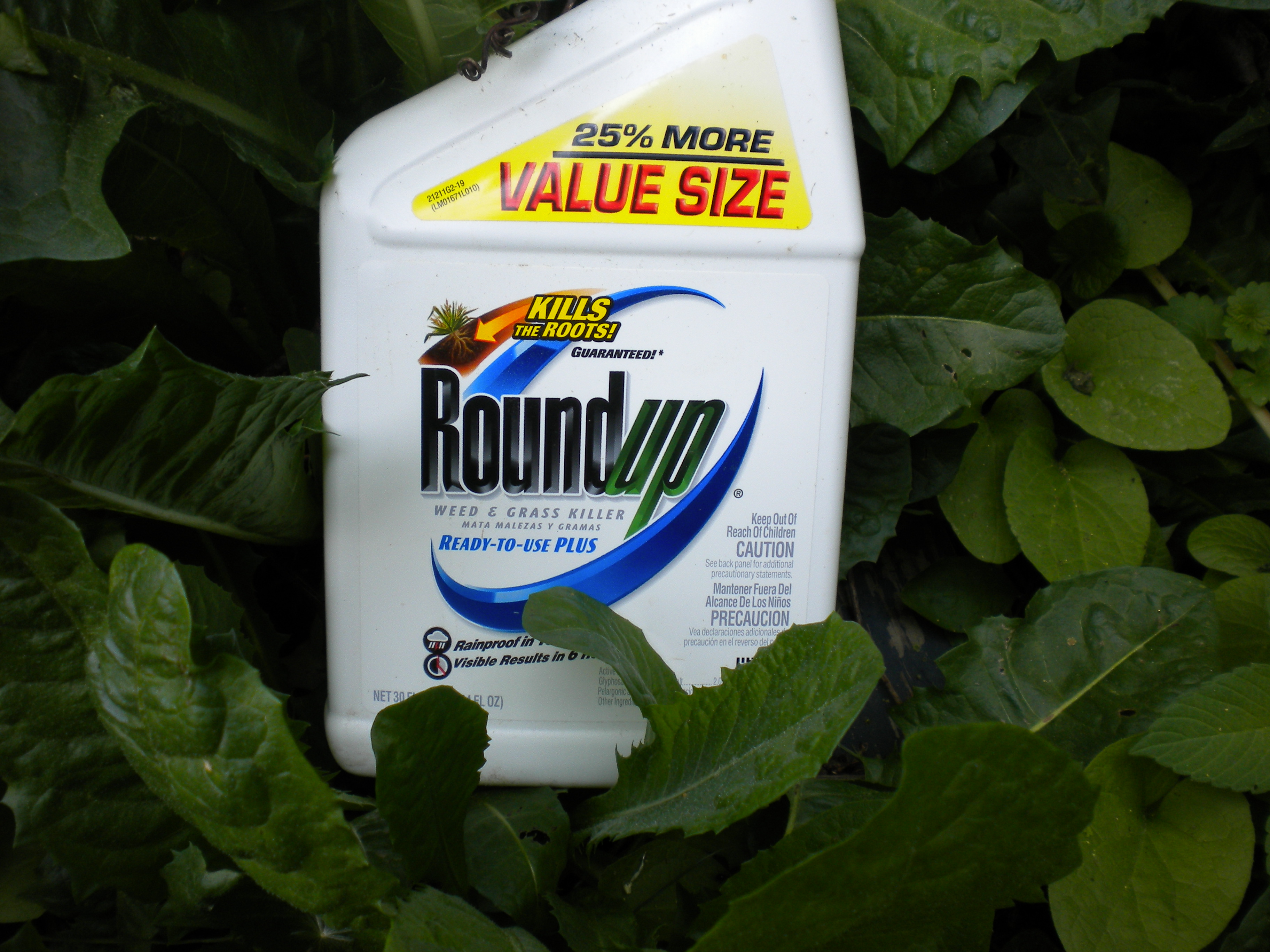
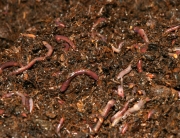


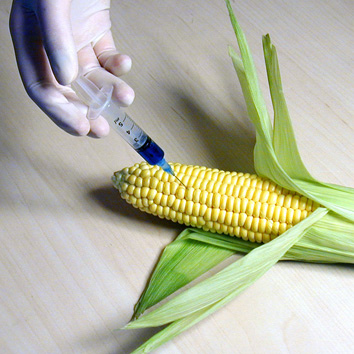


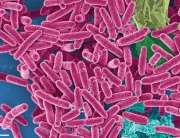

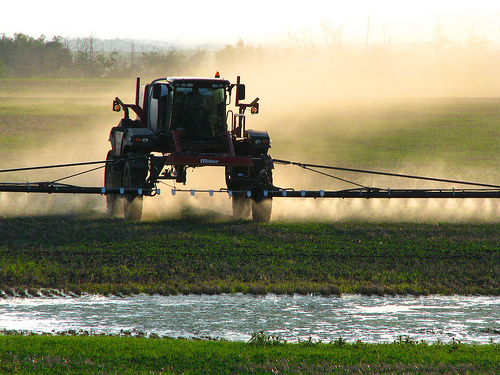

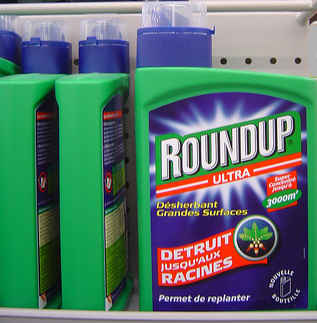
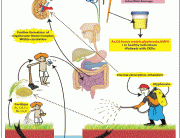


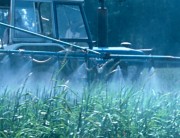

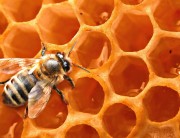
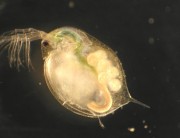

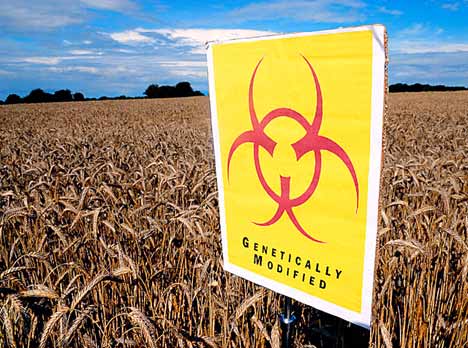

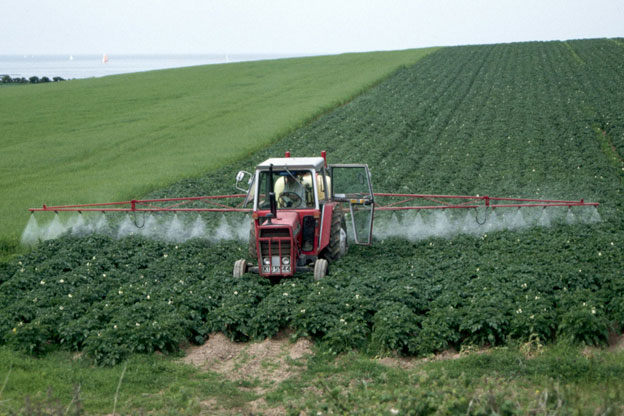


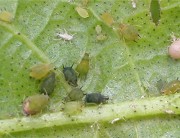

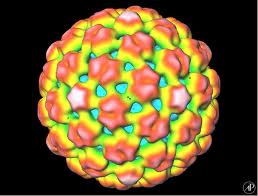
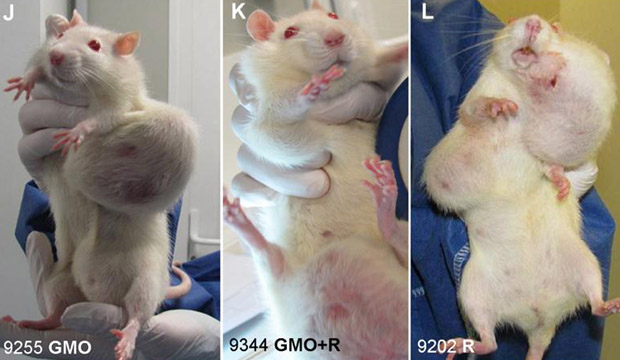

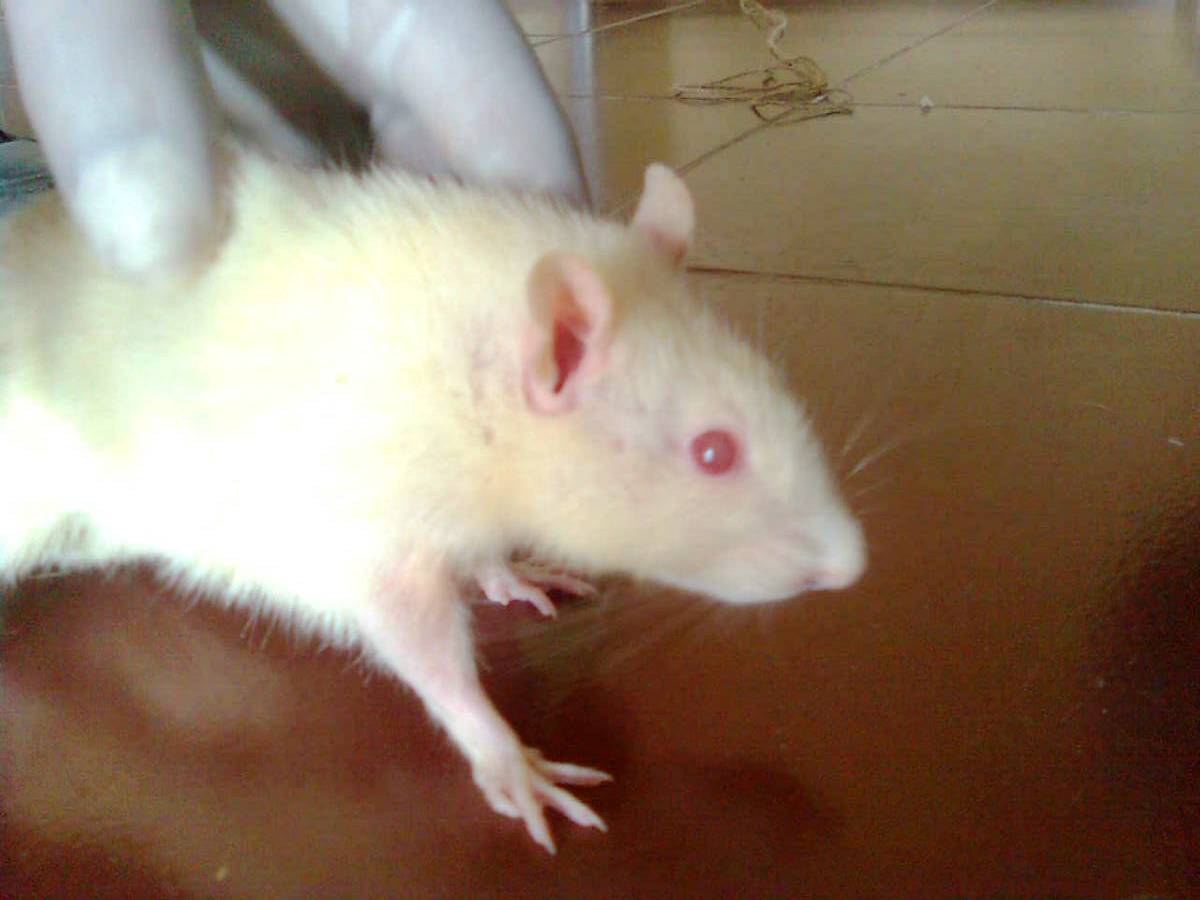

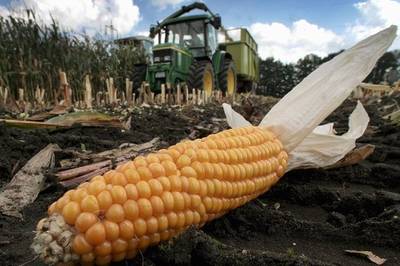
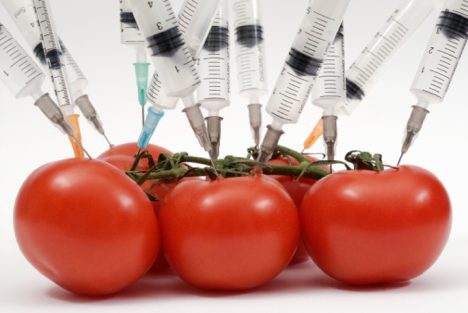
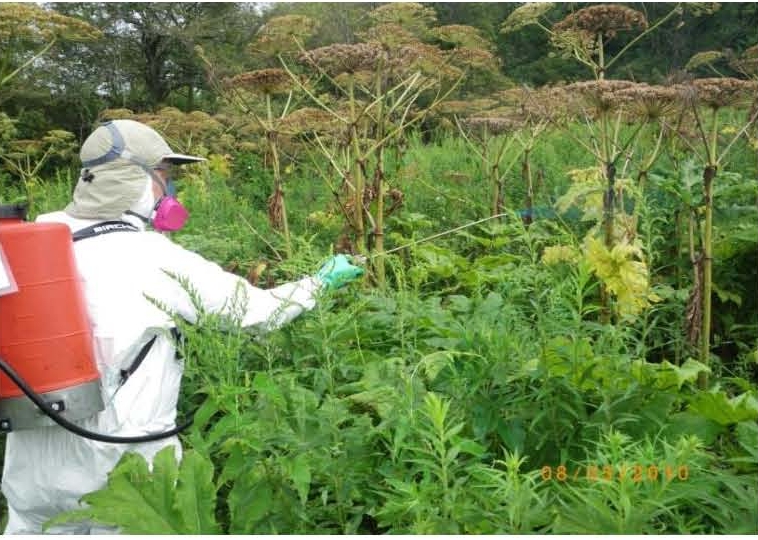


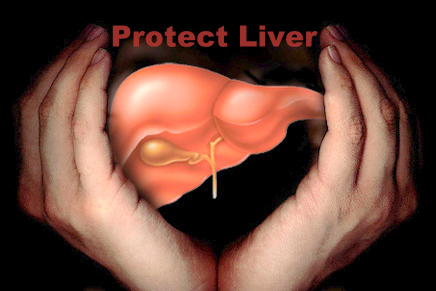
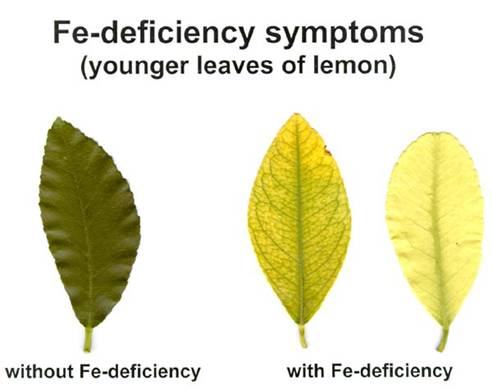
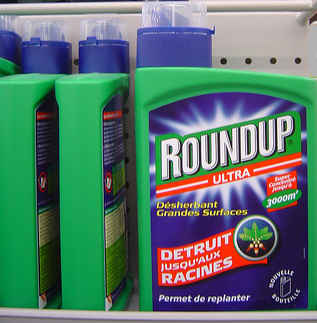
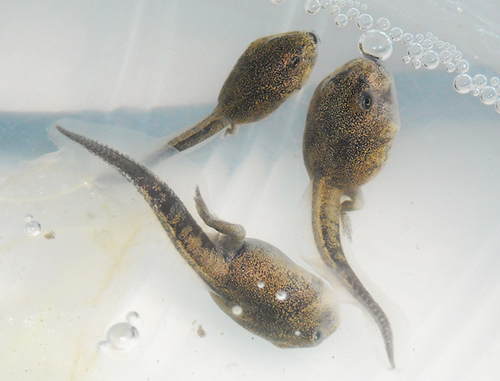
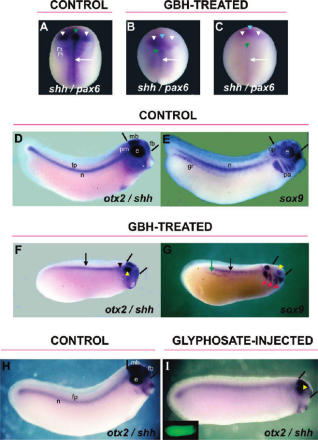




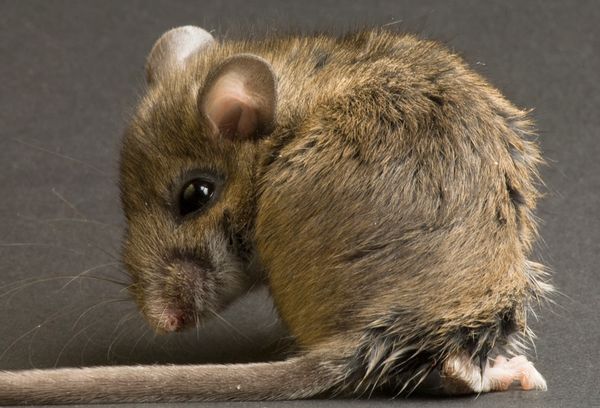
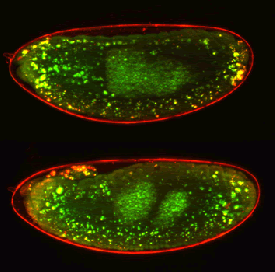
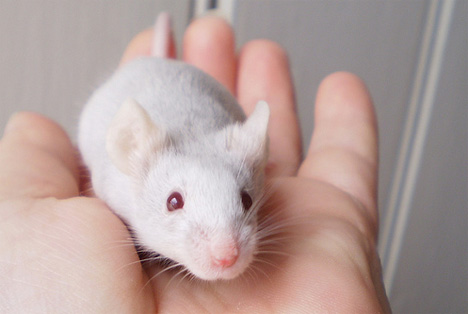
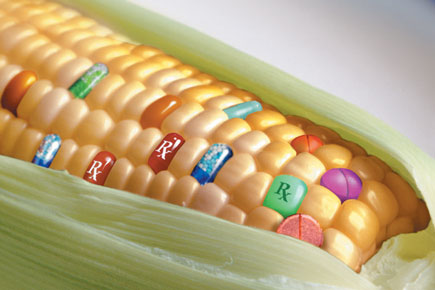

[…] The study by scientists at Leipzig University found that the active ingredient in Monsanto’s Roundup herbicide, known as glyphosate, negatively impacted the gastrointestinal bacteria of poultry in vitro. The researchers presented evidence that highly pathogenic bacteria resisted glyphosate, whereas beneficial bacteria were moderately to highly susceptible to it. (see below for full abstract from paper)* […]